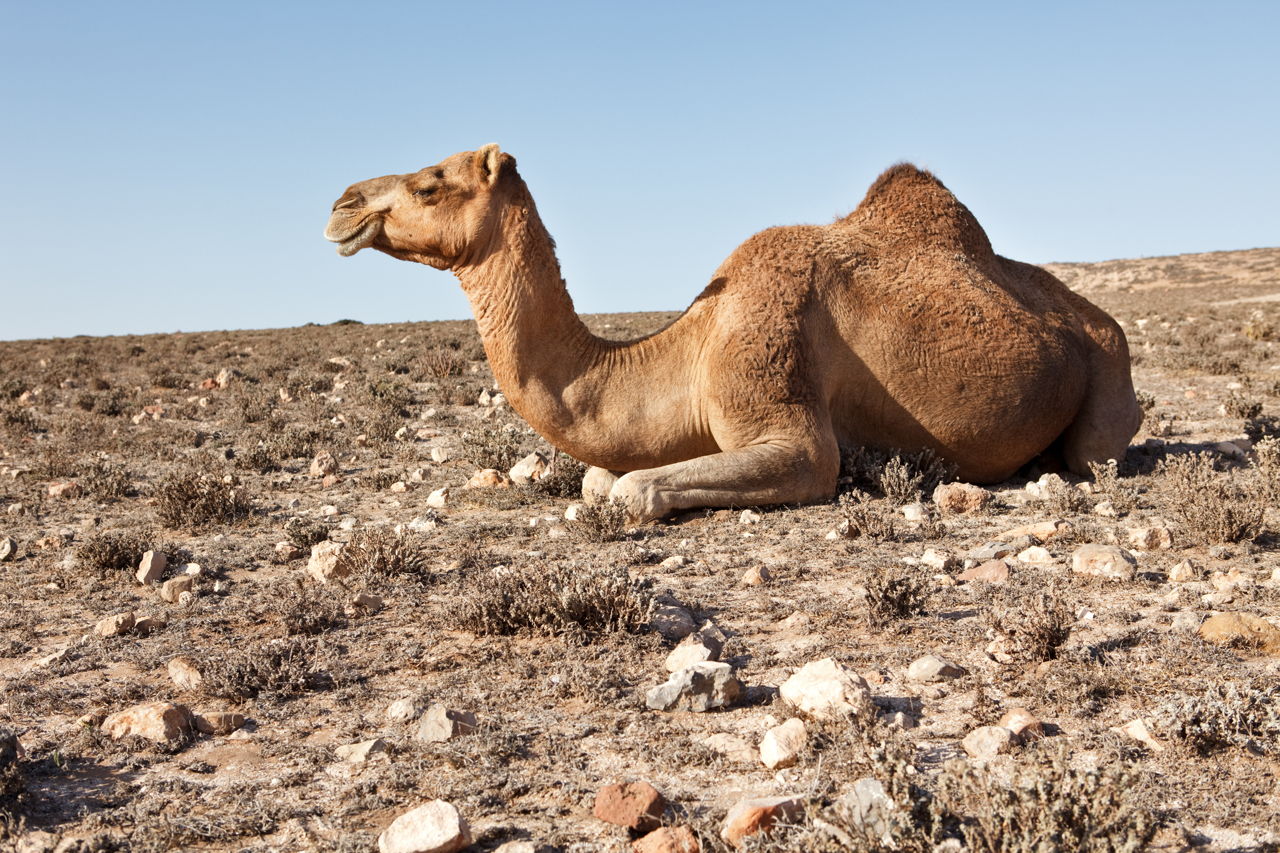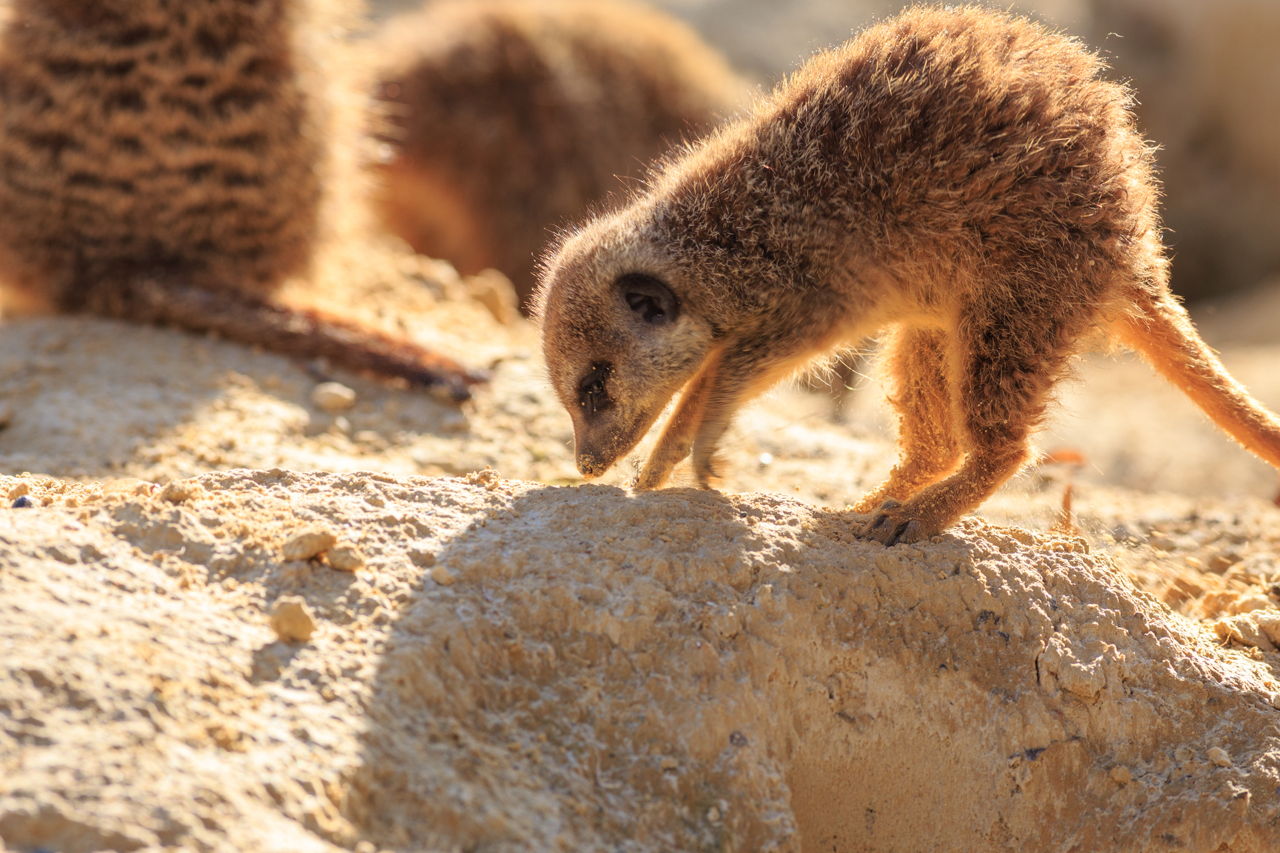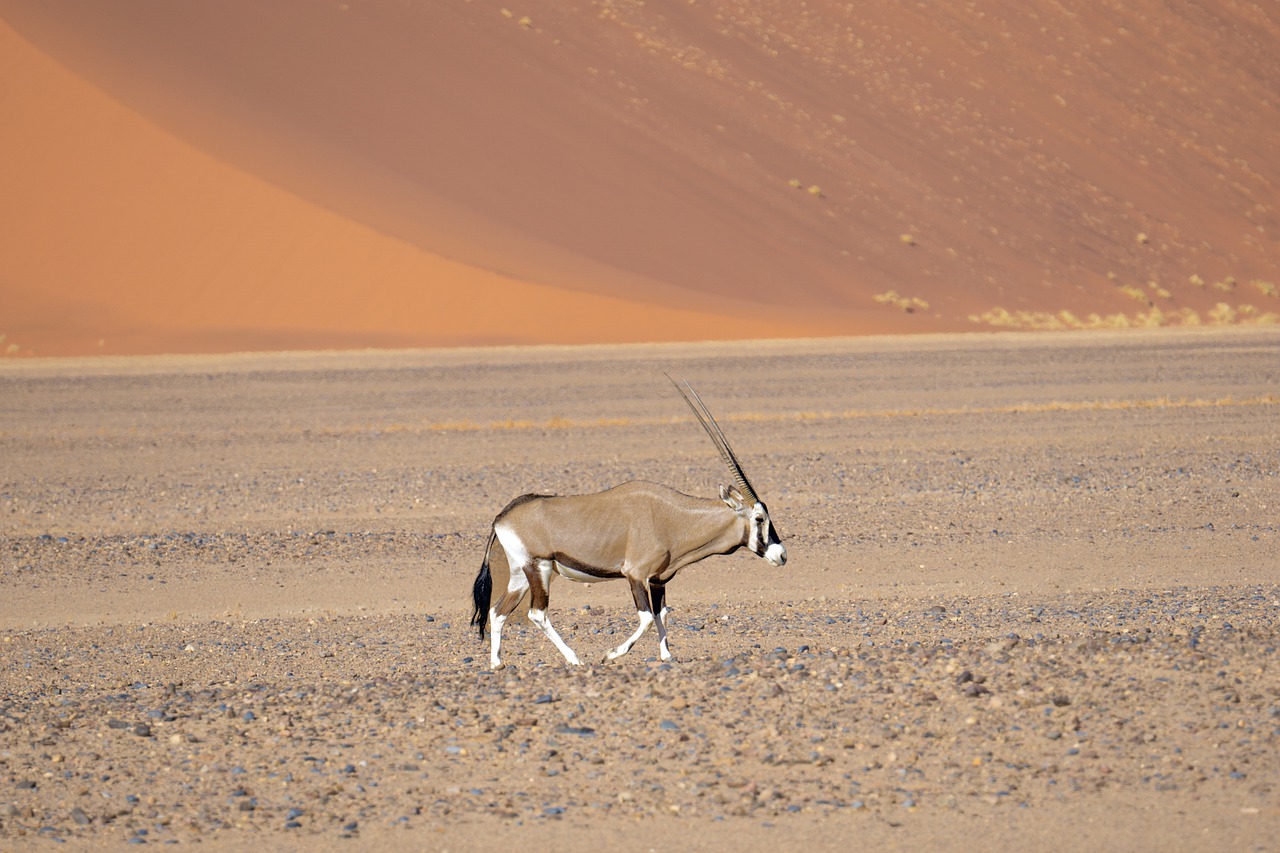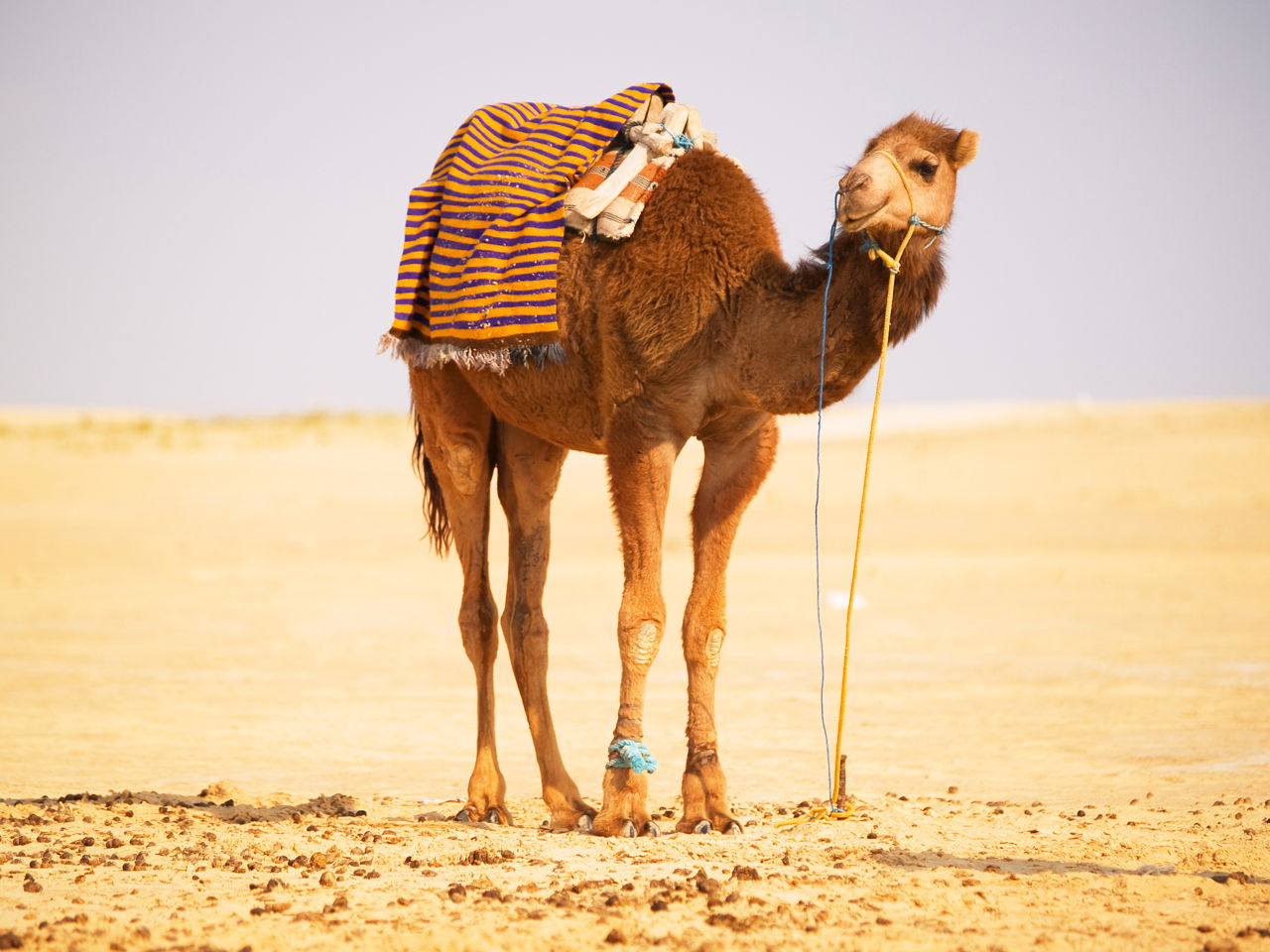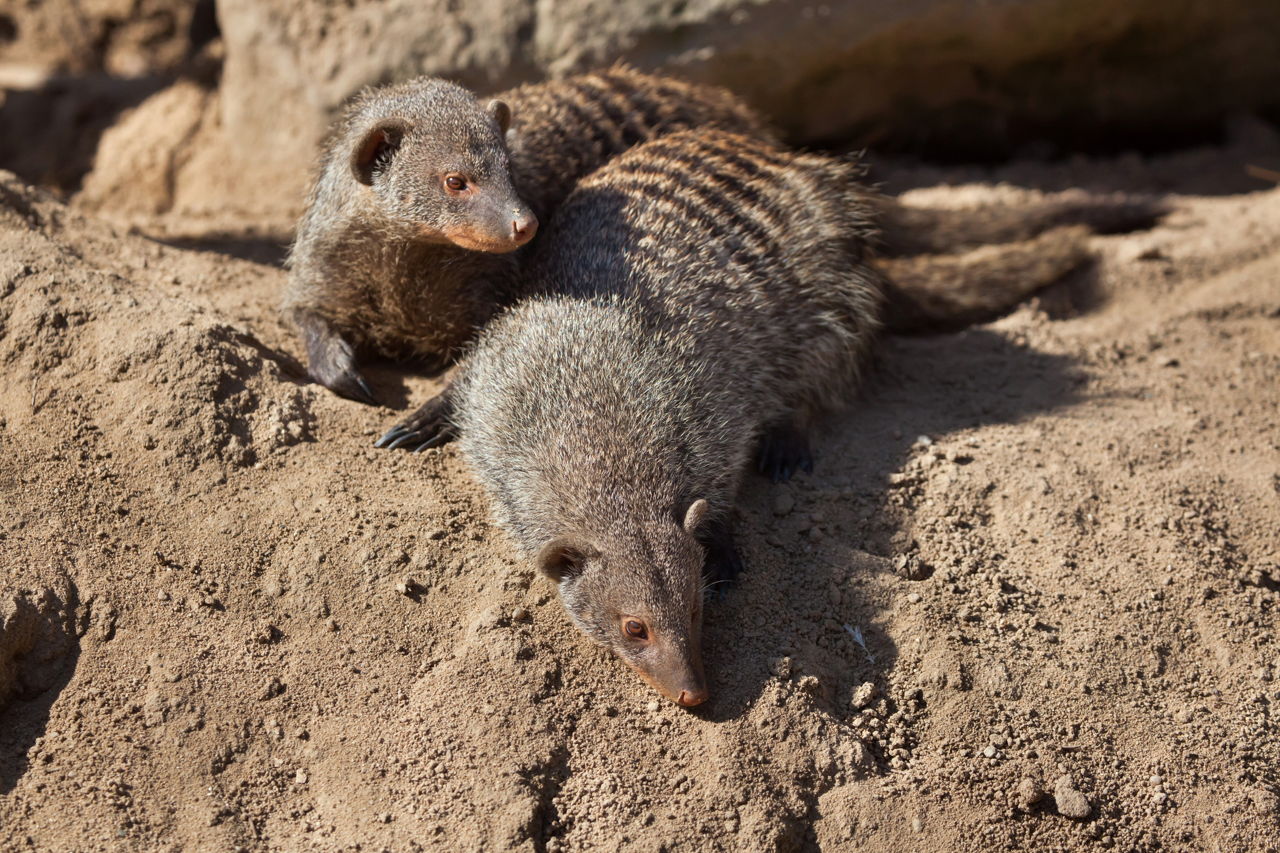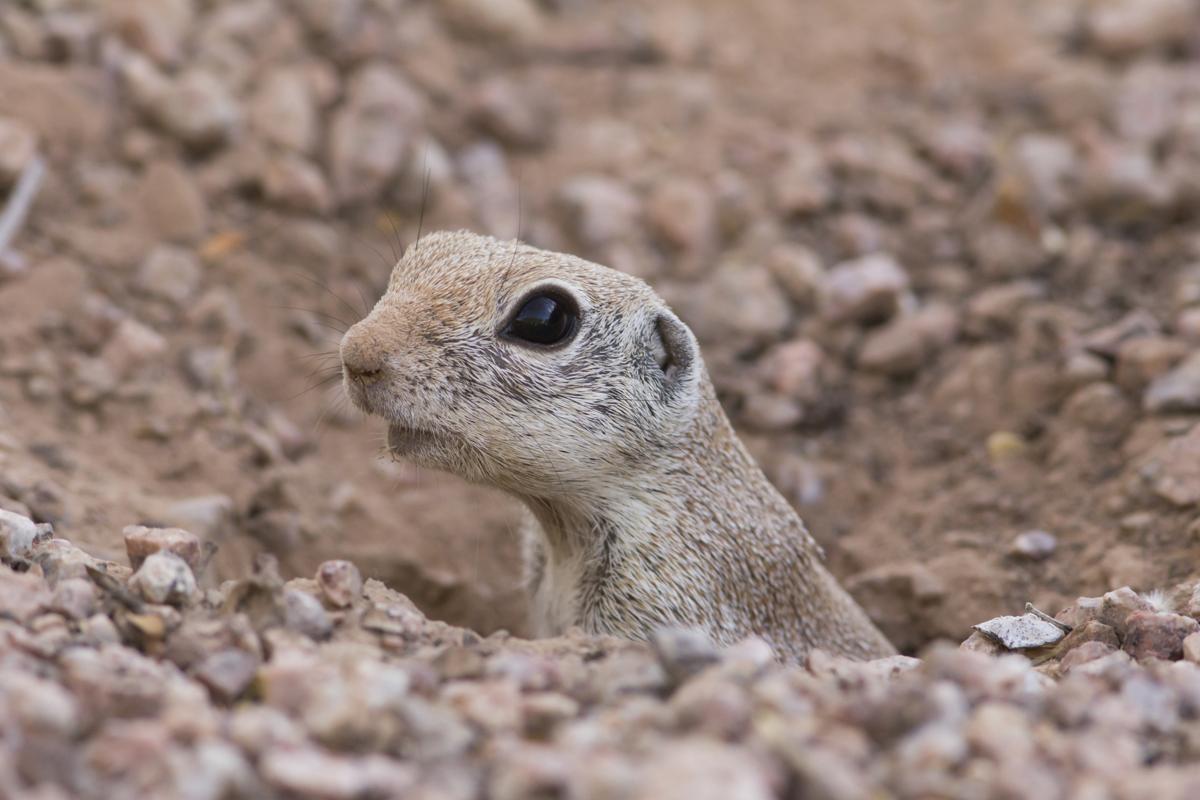Desert Animals Adaptations To Conserve Water
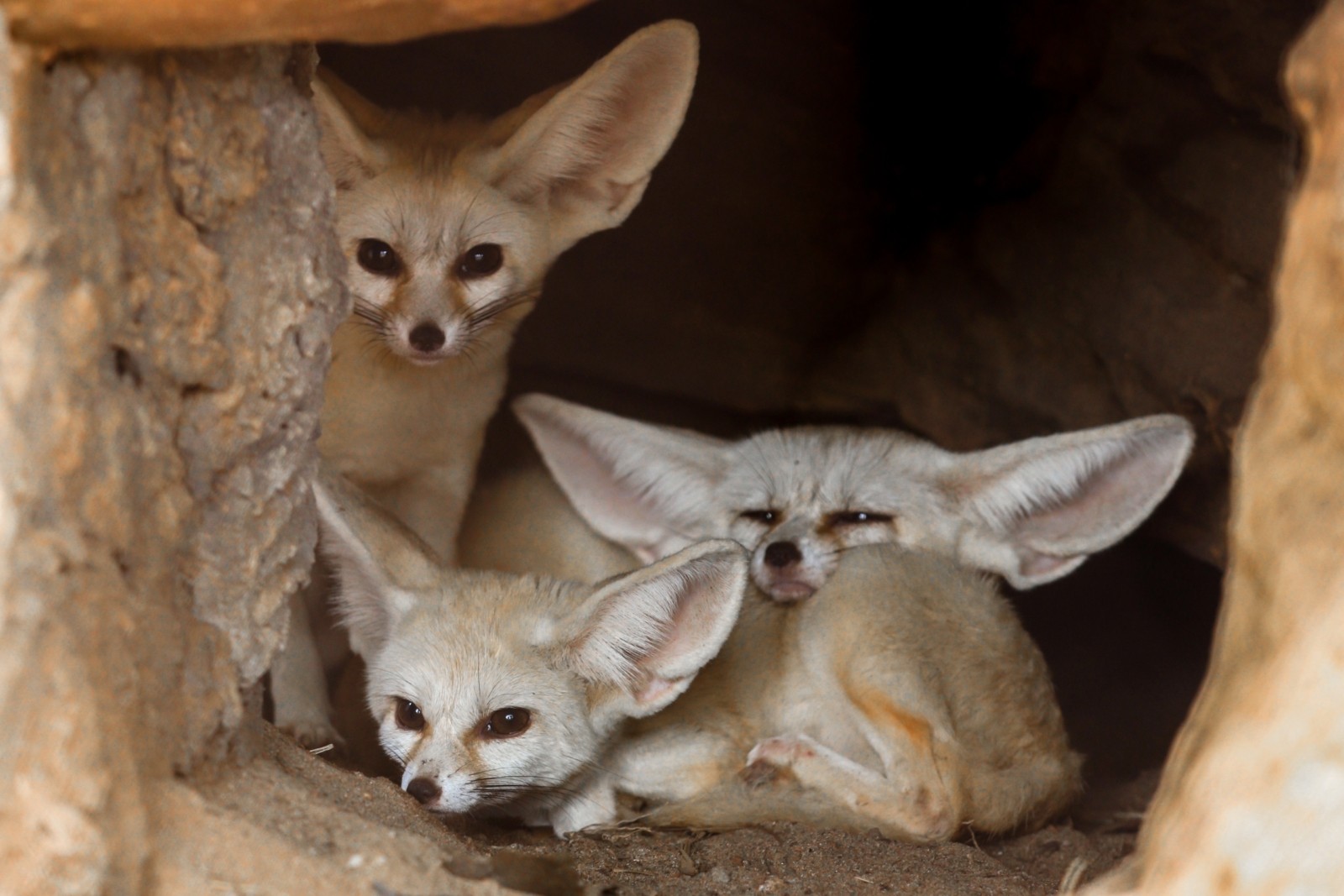
Another example of desert animals that show some classic adaptations are the kangaroo rat seen in the North American.
Desert animals adaptations to conserve water. Since water is so scarce most desert animals get their water from the food they eat. Plants in deserts have adaptations to conserve water. However some deserts receive less than 5 cm of rain per year.
Few animals have adapted to survive the hottest desert regions besides scorpions and small reptiles. To do this they squeeze out every drop available to them and recycle it. The kangaroo rat which lives in the desert of southeastern Arizona is so good at conserving water that it doesnt have to drink at all.
Other common adaptations seen in desert animals include big ears light-colored coats humps to store fat and adaptations that help conserve water. The main challenges xerocoles must overcome are lack of water and excessive heat. Plant and animal bodies are made up of a number of complex biological processes which take place within a.
A common desert adaptation in animals is to save water by not exposing themselves to hot temperatures. Xerocoles are animals which adapt themselves to desert conditions. In areas with a greater water supply the level of biodiversity increases as vegetation such as shrubs cacti and hardy trees.
Among the thousands of desert animal species there are almost as many remarkable behavioral and structural adaptations developed for avoiding excess heat. Other common adaptations seen in desert animals include big ears light-colored coats humps to store fat and adaptations that help conserve water. A food chain is a way of showing how living organisms get their energy from each other.
Extreme desert is without any vegetation and rainfall. Insects other invertebrates rodents toads desert tortoises and kit foxes use underground burrows to shelter from surface temperatures that can reach. Animals such as the black-tailed jackrabbit Lepus californicus are also adapted to life in the desert.

